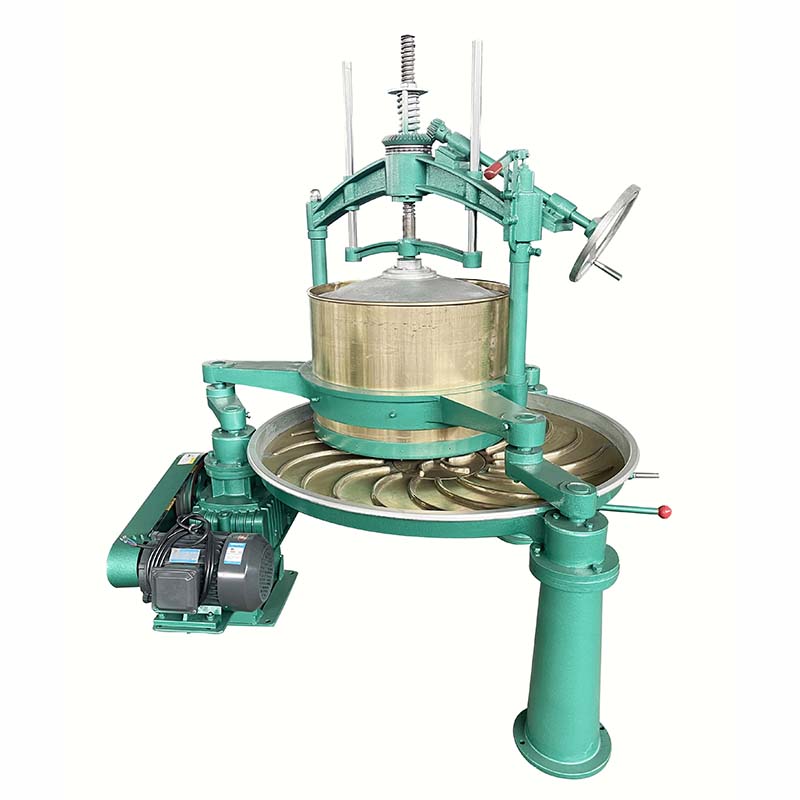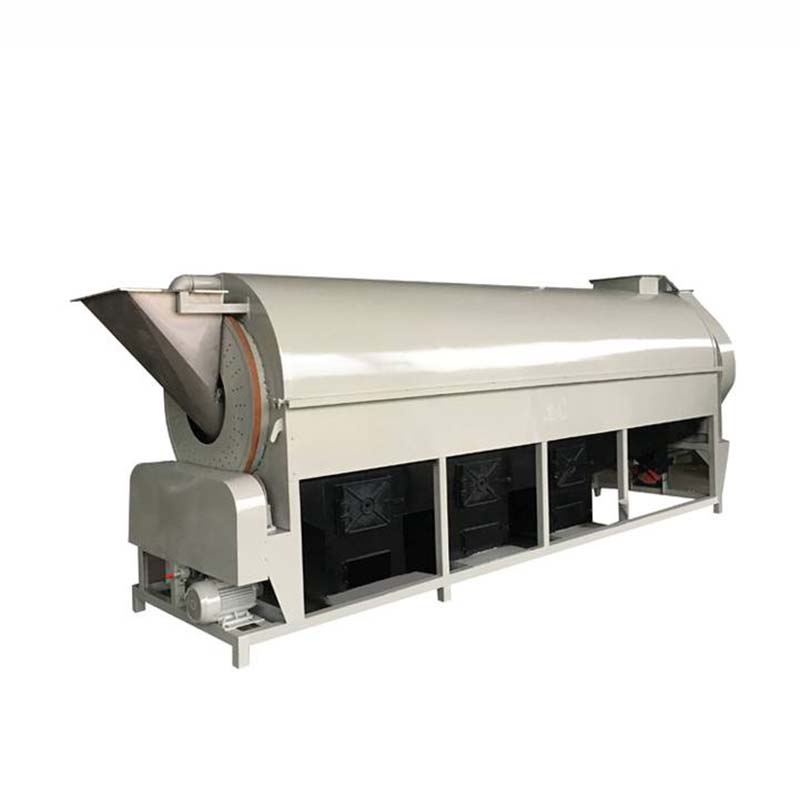Why does tea sweet after taste? What is the scientific principle?
Bitterness is the original taste of tea, but people’s instinctive taste is to obtain pleasure through sweetness. The secret of why tea, which is famous for its bitterness, is so popular is the sweetness. The tea processing machine changes the original taste of tea during the processing of tea leaves. The highest praise people can give to a cup of tea is that it brings back sweetness and promotes fluids, and brings joy after suffering. So what is sweet after taste?
What is sweet after taste?
The ancients called tea “bitter tea” which has long been confirmed. The so-called sweet after taste refers to the specific taste formed by the combination of the bitter taste at the beginning and the sweetness that returns to the throat later. The tea is sweet and slightly bitter on the tongue, with a long aftertaste in the mouth. As time goes by, the sweetness gradually exceeds the bitterness, and finally ends with sweetness. In the taste of tea, it shows full contrast and contrast, which brings great excitement to the taste buds. Magical impact.
Why does tea sweet after taste?
There are two different research theories on why tea sweet after taste:
1. Tea leaves in the tea fixation machine contain tea polyphenols, which can combine with proteins to form a water-impermeable film in the oral cavity. The contraction of local muscles in the mouth causes an astringent feeling in the mouth, thus making the tea that has just been drunk become sour. There is a sense of bitterness. If the content of tea polyphenols is appropriate, a film with only one or two monomolecular layers or bimolecular layers will be formed. This film is moderately thick and will have an astringent taste in the mouth at first. Later, after the film ruptures, the local muscles in the mouth begin to recover and the astringent properties Transformation will give you a feeling of sweetness and fluids. “In short, tea polyphenols and protein combine to transform bitterness into sweetness.
2.Contrast effect theory
Sweetness and bitterness are relative concepts. When you taste sweeteners such as sucrose, you will find that water is somewhat bitter, and when you taste bitter substances such as caffeine and quinine, you will find that water is sweet. This phenomenon is a contrast effect. In short, sweetness is an oral illusion caused by the impact of bitter taste.
How to identify good tea through sweet after taste?
The sweetness is not the only basis for distinguishing the quality of tea. The quality of the tea, whether the tea leaves are fully rolled by the tea rolling machine during processing, and whether the curing temperature is just right, etc., will all affect the sweetness of the tea.
So, how can we better judge the happiness brought by a cup of tea? Take a big sip of tea soup, fill your mouth with tea soup, and slowly feel its astringent and stimulating properties. After swallowing, there is a slow release of body fluid on the surface or bottom of the tongue, accompanied by a sweet taste that does not weaken for a long time, which can be called a long sweet after taste.

